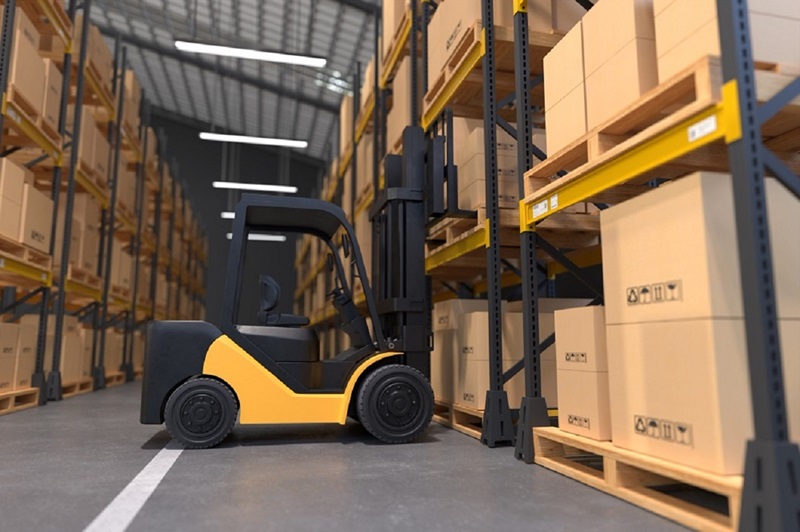Forklifts have become ubiquitous in warehouses, on construction sites, and in the logistics industry. A crucial workhorse that shoulders the weight of towering platforms, heavy machinery, or simply the dolly loaded with boxes. But have you ever paused to think about this diligent giant’s well-being, which tirelessly fulfills all your operational needs? Are you aware of the importance of regular forklift maintenance for extending its lifespan and efficiency? This comprehensive guide is designed to answer all these burning questions. Taking you through the fundamentals of why, what, when and who of forklift maintenance, by the time you finish reading this guide, you will be able to ensure that your forklift can perform its tasks smoothly for a long time.
Understanding The Importance Of Regular Forklift Maintenance
Why should you invest time and even money into maintaining something that is working perfectly fine? This section is designed to answer that question. Well-maintained forklifts not only have an extended lifespan but also contribute to the safety of the work environment. Poorly maintained forklifts can cause accidents due to faulty brakes, weakened forks, and even cause breakdowns leading to delayed schedules and loss of productivity.
Components Of Forklift Maintenance – What Matters Most
The forklift is a machine made up of multiple critical components, each needing regular checks and maintenance. Some essential elements for your attention include the lifting mechanism, tires, oil, and filters.
Here Are The Key Components Of Forklift Maintenance That Matter Most:
- Regular Inspections:
Daily pre-shift inspections to check for any visible damage, leaks, or issues with the forklift’s components such as tires, brakes, lights, and hydraulics.
Scheduled comprehensive inspections to assess the overall condition and performance of the forklift, ensuring compliance with safety standards.
- Fluid Checks And Replacements:
Regularly checking and replenishing essential fluids such as engine oil, hydraulic fluid, coolant, and brake fluid to maintain optimal performance and prevent component wear.
- Battery Maintenance:
Monitoring and maintaining the forklift’s battery health, including regular charging, watering (for lead-acid batteries), and cleaning to ensure prolonged battery life and consistent performance.
Timing Is Everything – When To Opt For Forklift Maintenance
Regular maintenance is key. However, the question novices often wrestle with is, when exactly should they schedule maintenance? To answer this, it is advised to follow the manufacturer’s recommendations for periodic check-ups, in addition to immediate addressing any noticeable changes in the forklift’s operation or efficiency.
Cutting Through The Complexity – Who Can Undertake Forklift Maintenance
Maintenance can often be complex and reliant on expert knowledge. Therefore, it’s essential to lean on professionals for this task, ensuring they observe strict safety guidelines.
Pros And Cons Of Regular Forklift Maintenance
There is a considerable list of pros that clearly outweighs the cons when it comes to regular forklift maintenance. These include high productivity, long-term cost savings, improved safety, and, of course, the extended lifespan of the equipment.
Extra Tips For Extending The Lifespan Of Your Forklift
This section comprises some additional bonus tips, offering insights on measures such as correct operation of the forklift, suitable upgrades, and staying on top of technological advances to ensure your forklift stands the test of time and boosts operational efficiency.
Conclusion
Proper and regular forklift maintenance is an investment that will pay dividends in the form of operational efficiency, safety, and prolonged equipment life. To get the most out of your forklift over the long haul, regular maintenance is not a choice; it’s a non-negotiable requirement. Because in the long run, a well-maintained forklift is the most reliable workhorse you will have in your inventory.

